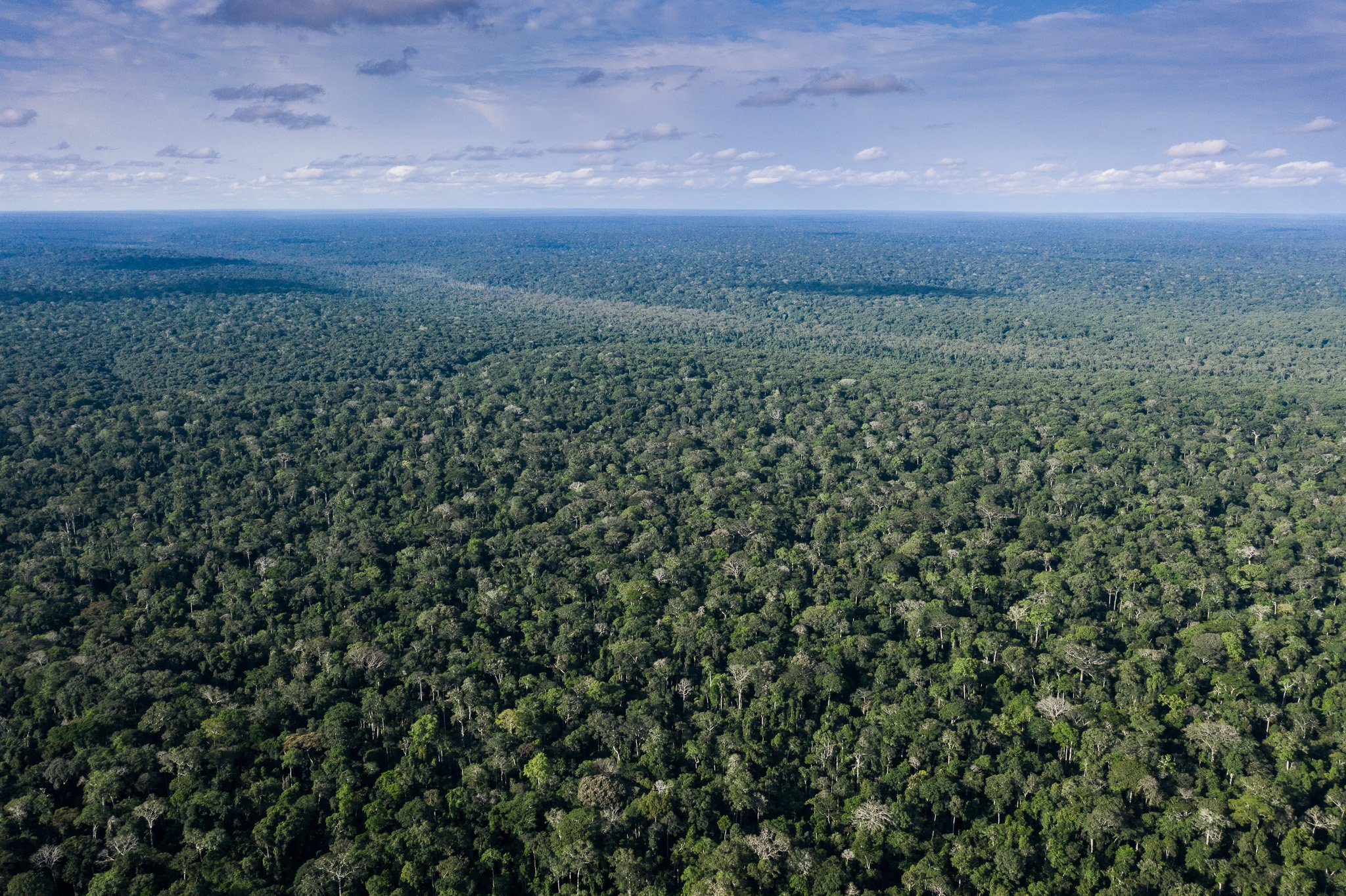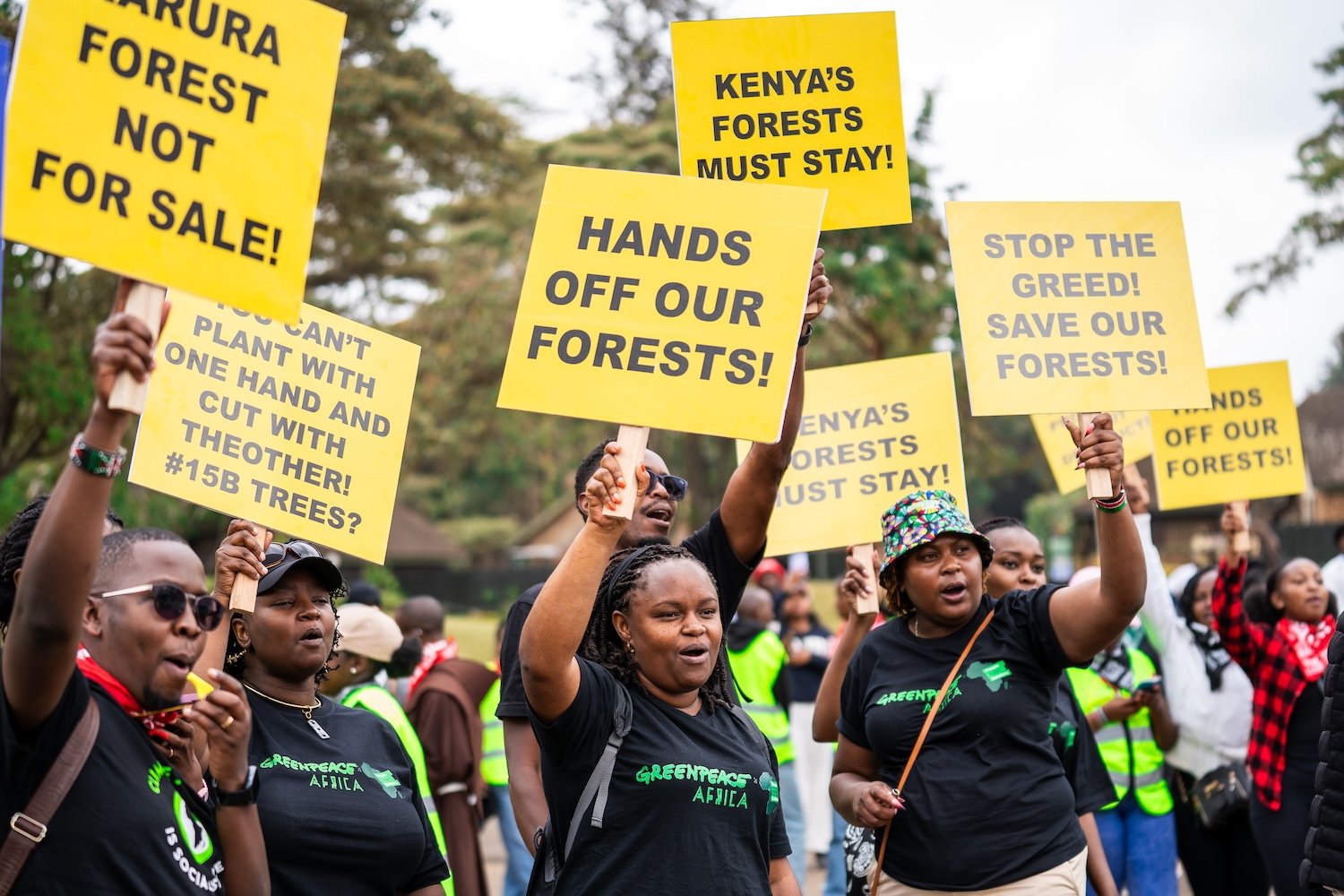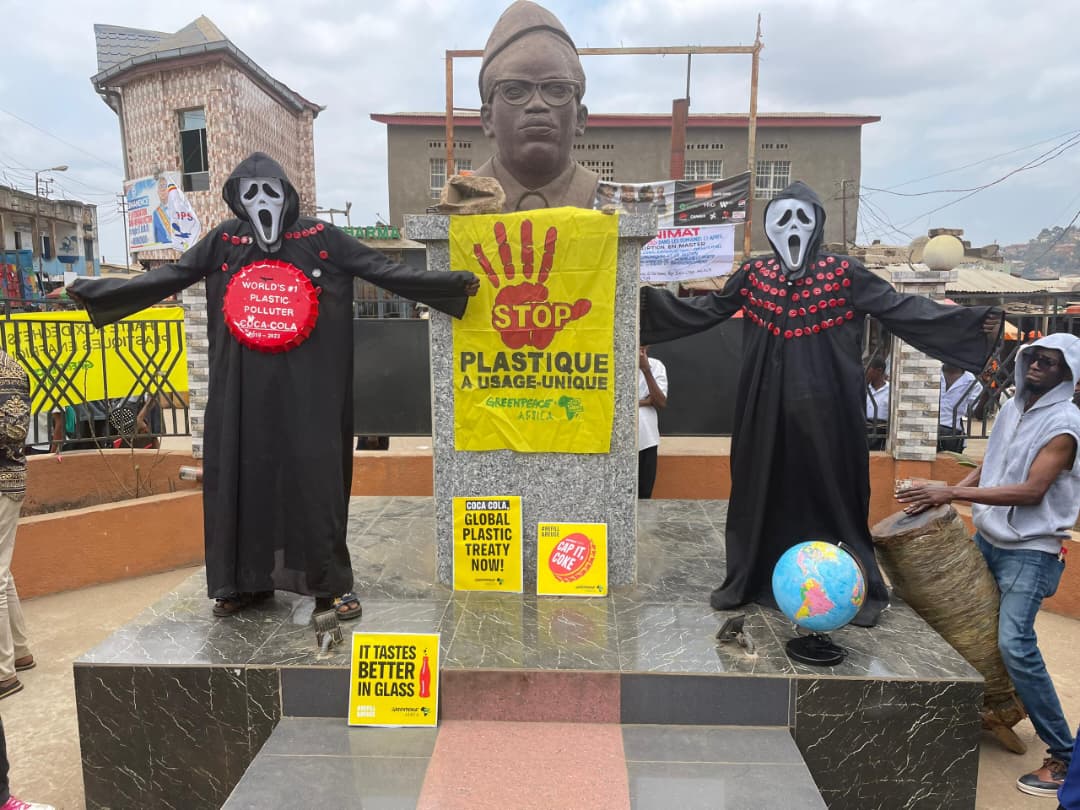Mbandaka, 1 May 2025 – Greenpeace Africa has successfully concluded a two-day community experience-sharing workshop in Mbandaka, Democratic Republic of Congo (DRC), bringing together 20 Indigenous and local community leaders from across the region. Held from 28th to 29th April 2025, the workshop focused on amplifying local solutions for forest protection and food sovereignty, grounded in Indigenous People’s rights and agroecology.
Over the course of the workshop, participants exchanged practical strategies, discussed challenges, and co-created recommendations to strengthen grassroots forest solutions and food sovereignty efforts. The gathering also laid the foundation for deeper collaboration among communities and with national actors to advance just and sustainable solutions.
“We are pleased to have provided a meaningful space for Indigenous Peoples and local communities to express themselves, share their local forest solutions, and learn from one another’s experiences, successes, and challenges. Throughout these rich exchanges, we identified a range of community-based solutions that hold strong potential for protecting forests, empowering local communities, and improving their living conditions. As we conclude this two-day workshop, we do so with a clear and actionable roadmap that reflects the priorities and needs of Indigenous Peoples and local communities in forest protection. We are fully committed to ensuring that their voices are heard, their rights are protected, and their leadership is supported in all efforts moving forward.” said Bonaventure Bondo, Greenpeace Africa Forest Campaigner for the Congo Basin.
At the heart of the workshop was a participatory community-led assessment aimed at capturing the lived realities, ongoing initiatives, and pressing needs of Indigenous Peoples and local communities. This assessment is a crucial step in shaping Greenpeace Africa’s future strategy, workplan, and activities across forest and food system campaigns in the Congo Basin.
Elizabeth Atieno, Greenpeace Africa Food Campaigner, noted, “We are not just here to collect stories, we are grounding our next steps in real experiences. This wasn’t just a workshop. It was a space to listen, to understand, and to build from the ground up. The assessment from this workshop will inform how we design our campaigns, engage with policy, and support the communities already doing the work. From this workshop, we are not just leaving with ideas we are leaving with alliances, recommendations, and a clear direction for policy advocacy.”
Community leaders also emphasized the urgency of recognition, protection, and support for their locally led forest solutions.
“We are doing the work with or without support, protecting forests, growing food, preserving traditional knowledge. But we need policies that see us, strategies that include us, and resources that reach us,” said Valentin Engobo , a community leader from Lokolama.
The workshop ended with renewed energy and a clear direction: to continue amplifying community-led initiatives, pushing for policy change, and mobilizing solidarity across borders.
END
Contact: Raphael Mavambu, Communication and Media, [email protected], Greenpeace Africa



